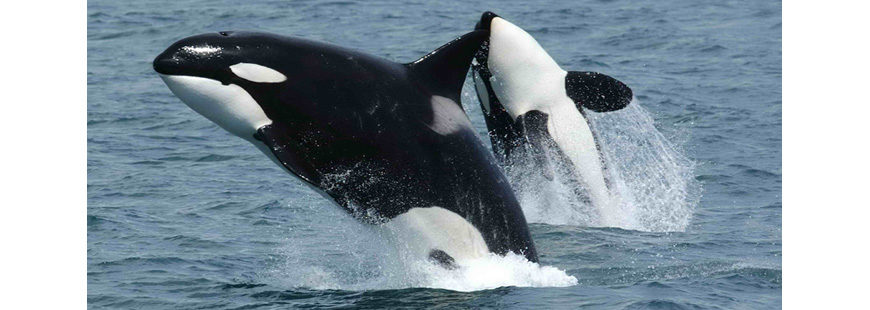It’s up to us as consumers to decide where we live, how we live, and what we eat. For many of us, knowing how our food is produced determines these choices. Sustainable seafood, humanely reared livestock, and small-scale organic agriculture shape my choices as a consumer, and they form the backbone of my business as a grocer and boat-to-table fishmonger in Portland.
This summer we collectively witnessed the hearbreaking reminder of how interconnected we are to nature: an endangered orca named Tahlequah grieving the loss of her newborn calf, carrying its corpse on her back for weeks. Many of her pod-mates are severely malnourished, and they are being poisoned by the chemicals we dump in our rivers and coastal ocean.
The time is now to take bold action to help protect our wild salmon and the marine ecosystems that rely on them. For me, that means promoting the human consumption of Chinook salmon, not boycotting it. I will tell you why.
American fisheries are better managed than anywhere else on earth. Over 40 years ago, Congress passed the Magnuson-Stevens Act (MSA) and took control of our coastal waters, instituting a representative process ensuring sustainability and science-based management.
The MSA was designed to work hand-in-glove with the Endangered Species Act (ESA). Since 1992, fishing seasons have been set with the needs of endangered salmon predators like orcas prioritized first. Washington’s salmon fishermen have worked with managers to reduce their impacts to the orcas, including accepting the closure of entire seasons. Sadly, these restrictions haven’t brought the whales back from the brink.
Boycotting Chinook salmon, as some chefs have notably decided to do, simply will not save the whales. In fact, destroying local Chinook salmon markets could alienate the fishermen we need to work with to support orca restoration. Our responses must be smart. Science shows that we could eliminate all Chinook salmon fishing and still fail to protect a single whale.
There are better ways to bring attention to this noble cause. It’s clear as day that we must do more than look to closing fisheries to mitigate our profound impacts to our fellow living creatures. Some of these solutions are well-known, but they will take extraordinary political will-power to implement.
First, we must enhance the productivity of our river systems, which salmon need to survive and thrive by removing dams, maintaining adequate flow, and supporting our hatcheries. Second, we must reduce the amount of chemical pollution we allow into our river systems. We cannot treat the Northwest as our dumping ground. Third, we must join with fishermen who supply us with local seafood to secure the future of our salmon. Washington fishermen, including many who catch the Chinook salmon I sell every day, have created Regional Fisheries Enhancement Groups to protect salmon through collective restoration actions.
Extinction is forever. We can’t let this happen to our orcas or wild salmon. Our very existence as residents of this planet depends on it.


